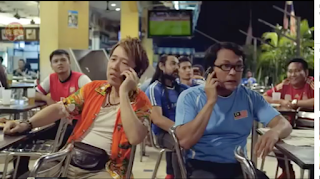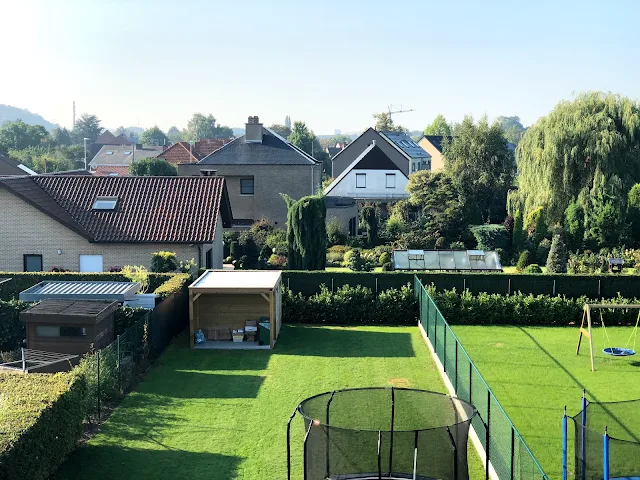What started as a head-bobbing event eventually turned into a full-scale, packed dance floor, with the music decibels hitting the roof. Everyone seems to know by heart the lyrics to Hindi film songs that spanned from the 1960s through to the 21st century. One by one, the guests sauntered onto the dance floor, mouthing the song with their legs mellowing like jelly beans.
I stood at the sidelines, observing the whole spectacle like a fly on the wall. The guests must have all grown up listening to these songs their entire lives. They knew every nuance of the song, its every pause and every moment the music goes ballistic. It must have had an indelible imprint on their psyche as they were growing up, as they displayed so much joy.
Then it dawned on me how significant a role Bollywood songs and music have played in preserving what is perceived as Indian culture. Playing music from Indian cinema, be it Tamil or Hindi, as well as hip Punjabi Bhangra beats by Daler Mehndi, constitute Indian music and culture today.
Should we be eternally grateful that Indian cinema is doing such a great job preserving our heritage? Life may not be so straightforward.
Talk to any conservative Tamil social thinker. He will say that each movie is three hours of wasted time in one’s life. Three hours to indoctrinate viewers that getting drunk is mandatory when boys go out. It is perfectly normal for girls to binge drink. Pre and extramarital liaisons are common in modern life, and it is perfectly normal for a lady to slap her partner if he crosses the line, but it is not mutually exclusive. The converse constitutes patriarchy and toxic masculinity.
 |
| Oh Poddu! |
Then there would be those who fret that the lesser-spoken languages in the Indian diaspora risk being forgotten in the near future. If not for Marathi cinema, Marathi would have been on the decline and marginalised, just as Bhojpuri, Bagheli, Marwari, and other tribal languages are.
Anyway, Bollywood is acting as a mucilage that binds. When it began using Hindustani as its lingua franca—a combination of Urdu and Hindi—it was hoped that it would act as a national unifier, stirring nationalism in a newly independent nation. When the colonial masters escaped from India in 1947, they expected India to balkanise, various states pulling apart based on linguistic, religious and caste lines. It did happen before, but almost 80 years on, they stay united, probably stronger than before. Bollywood probably thinks it is their good work.





















